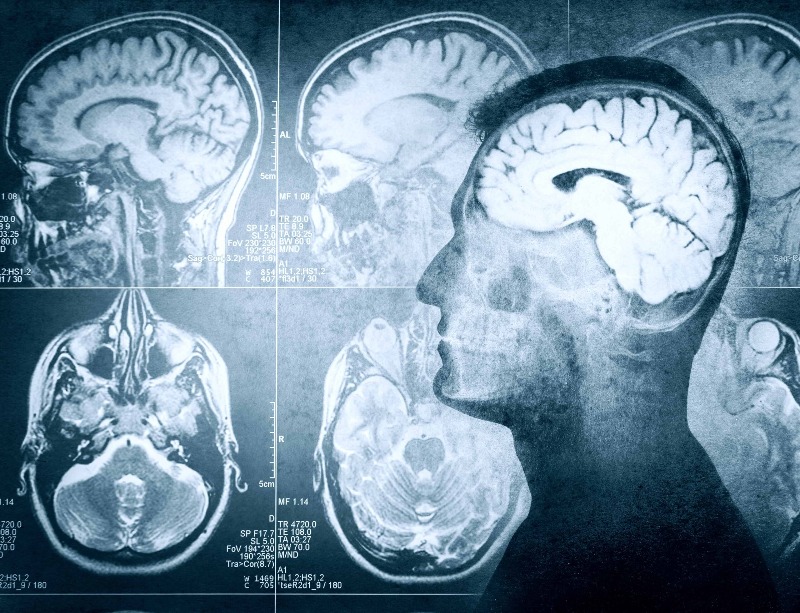
The location of the frontal lobe, just behind the forehead, makes it particularly susceptible to injury-causing blows. The frontal lobe is a large section of the brain which is responsible for thinking skills, organisation and decision making.
Sometimes called ‘executive functions,’ it is harder to identify the extent of frontal lobe impairments after a brain injury, compared with other functions, such as speech and movement, which are more obvious. This is particularly difficult when professionals make assessments of individuals with a frontal lobe injury. Assessments of mental capacity (Mental Capacity Act, 2005) typically take the form of a single interview with a social worker asking questions about what a person can or cannot do, together with office-based tasks. If tasks are observed, this may be within a high support and controlled environment, such as a hospital ward or brain injury unit.
A person with a frontal lobe injury may have unaffected speech and verbal reasoning within the normal range, so they are likely to perform well in interview-based tasks. One specific impact of a frontal lobe injury – lack of insight – means an affected individual is likely to over-estimate their ability to accomplish their abilities, if the professional is asking them to report on what they can do, rather than observe them actually doing tasks. If the individual is being observed in a healthcare environment, where there is high support and structure, the sort of deficits which manifest at home in ‘real life’ may be less evident.
This anomaly between what a professional observes in a typical single assessment of an affected individual, compared with the true extent of their difficulties in all domains of life, was termed ‘the frontal lobe paradox’ (Walsh, 1985). The paradox lies in the way the context of the assessment means difficulties caused by the brain injury are minimised or unseen, the result of the assessment is the individual has a much lower level of support then they truly need.
The specific impacts of a frontal lobe brain injury mean they are more complex to recognise and assess. People with frontal lobe injuries experience difficulties with decision-making, goal-setting, multi-tasking and particularly behavioural organisation in non-routine situations (Burgess et al, 2009). It is not difficult to imagine of this range of difficulties could very significantly impair the way a person manages their daily life, relationships and if working, their functioning at work. But little or none of these difficulties may not be evident in a single interview-based assessment, outside the person’s ‘normal life’ setting.
Professionals working with people with frontal lobe injuries need to ensure that their understanding draws in real-world behaviour as broadly as possible. This means bringing in perspectives of different family members, friends, others from work or other networks. Be curious about emerging patterns, unusual behaviour and risk. Similarly, for family members and loved ones around a person with a frontal lobe injury, there may be patterns which are difficult to understand but may not seem instantly connected to the original injury. Different people supporting the individual may hold ‘parts of the puzzle’ of frontal lobe impacts; there may be difficulties for the partner in the home with domestic tasks and the relationships while work colleagues observe different impacts and difficulties. Frontal lobe injuries are often at the mild to moderate end; it may take careful observation, patience and a very holistic approach to build understanding.
References
Burgess, P.W., Alderman, N., Volle, E, Benoit, R.G., Gilbert, S.J. (2009) Mesulam’s frontal lobe mystery examined. (2009) Mesulam’s frontal lobe mystery re-examined. Restorative Neurology and Neuroscience, 27, 493-506.
George, Melanie & Gilbert, Sam. (2018). Mental Capacity Act (2005) assessments: why everyone needs to know about the frontal lobe paradox.
Walsh K. W. (1985) Understanding Brain Damage: A Primer of Neuropsychological Evaluation. London: Longman Group Ltd.
For our terms of use and disclaimer follow this link: https://coulthursts.co.uk/
